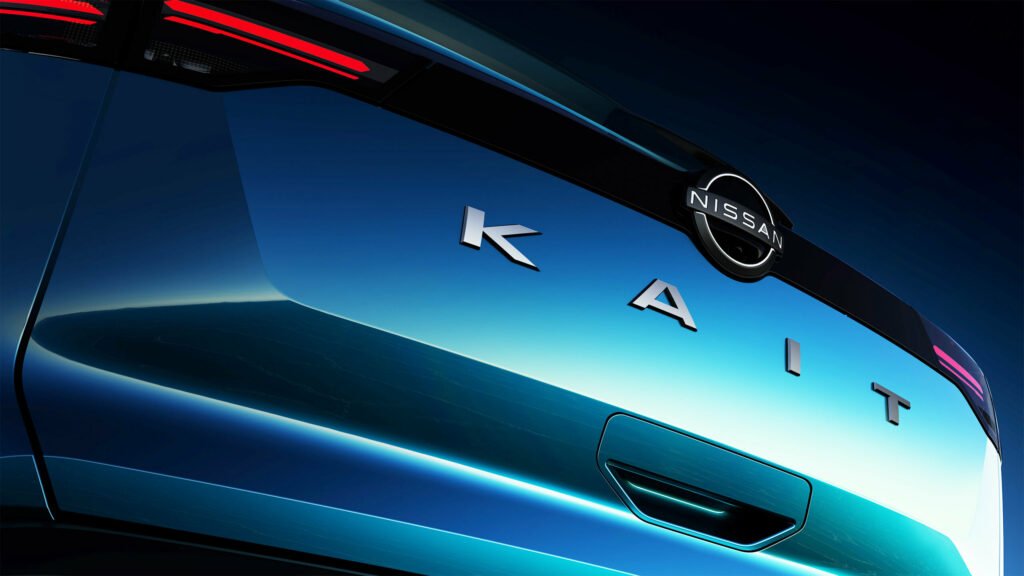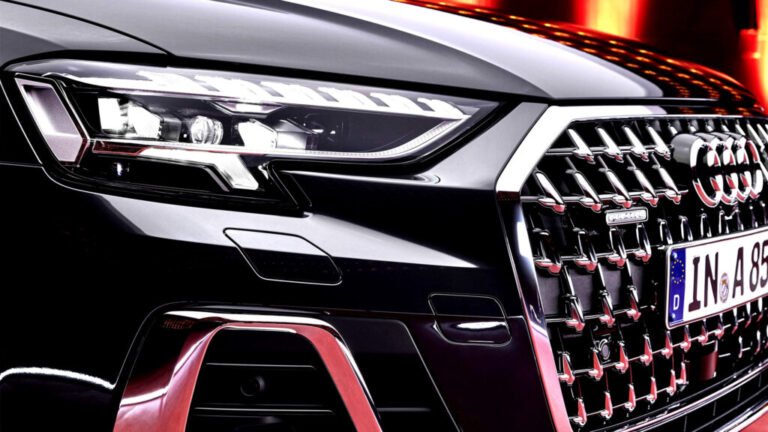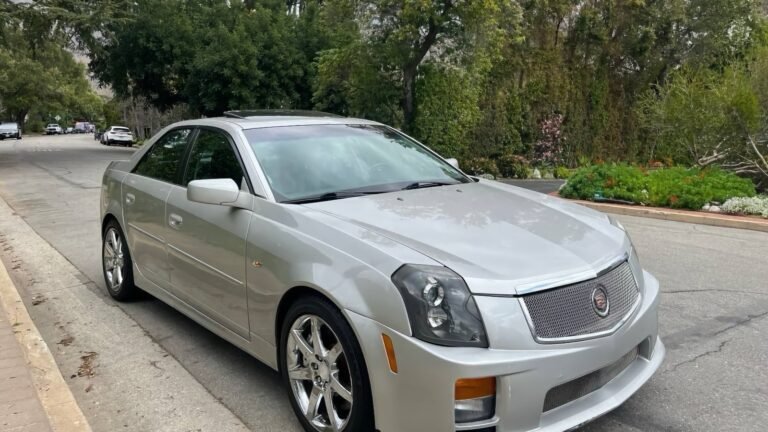

- The Brazil-made Kait may actually be just the old Kicks Play in disguise.
- It should be powered by the same 1.6-liter four-cylinder as the Kicks Play.
- Nissan plans to build the Kait and will export it to more than 20 markets.
Nissan‘s burgeoning SUV range will soon get a new addition. The carmaker has confirmed during the Japan Mobility Show in Tokyo that it’ll build a new model at its factory in Rio de Janeiro, Brazil, known as the Kait. This model will be primarily focused on Latin America, but will be sold in several other global markets.
A single teaser image of the new model has been released. It previews the tailgate of the Kait and offers us a glimpse of the LED taillights. Nissan notes that it is the second model announced as part of the $540 million investment in Brazil and will be sold alongside other models in Latin America like the Magnate, Kicks, X-Trail, and Pathfinder.
Read: For $21,520, The 2025 Nissan Kicks Play Proves Old Dogs Can Learn New Tricks
Interestingly, while the rear-end of the Kait looks unique, reports indicate that it won’t actually be an all-new model.
It’s been suggested that the Kait will simply be a restyled version of the first-generation Kicks that’s been around since 2016 and was recently rebadged as the Kicks Play to make room for the second-generation Kicks in Nissan’s line-up.
In certain markets, like Brazil, the Japanese brand sells both the all-new Kicks and the old Kicks Play, and it seems the Kait will act as an updated version of the latter.

If this is indeed the case, then the Kait will also the same platform as the Kicks Play and will likely have very similar dimensions, including the same 103-inch (2,620 mm) wheelbase. The Kait will probably retain the same engine options as the Kicks Play.
This means it should be offered with a 1.6-liter naturally-aspirated four-cylinder designed to run on gasoline or ethanol, which is widespread in Brazil. Mated to this engine is a CVT driving the front wheels.
Nissan hasn’t said when the Kait will be unveiled. However, it was confirmed that it will be exported from Brazil to more than 20 countries.



